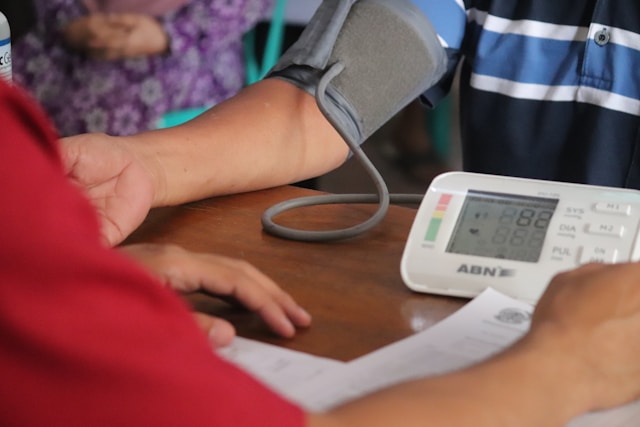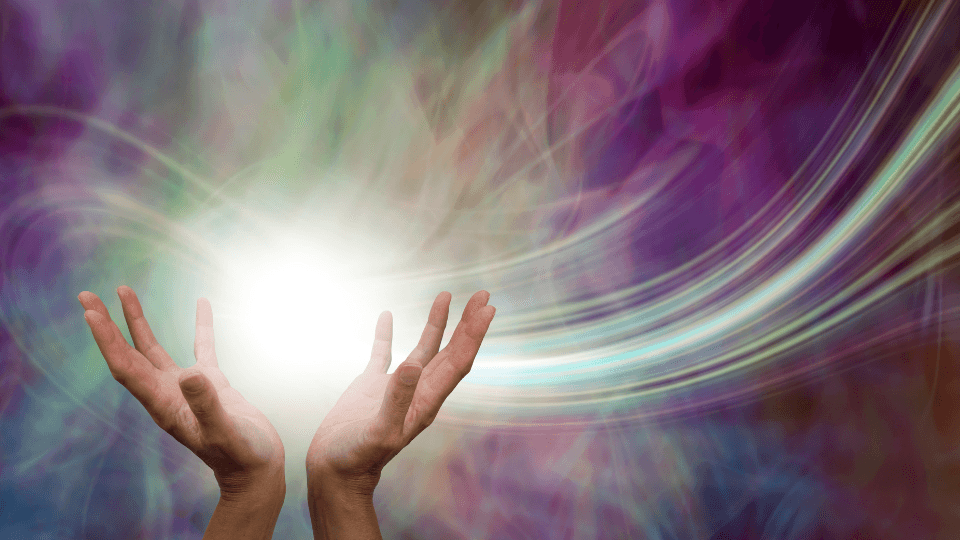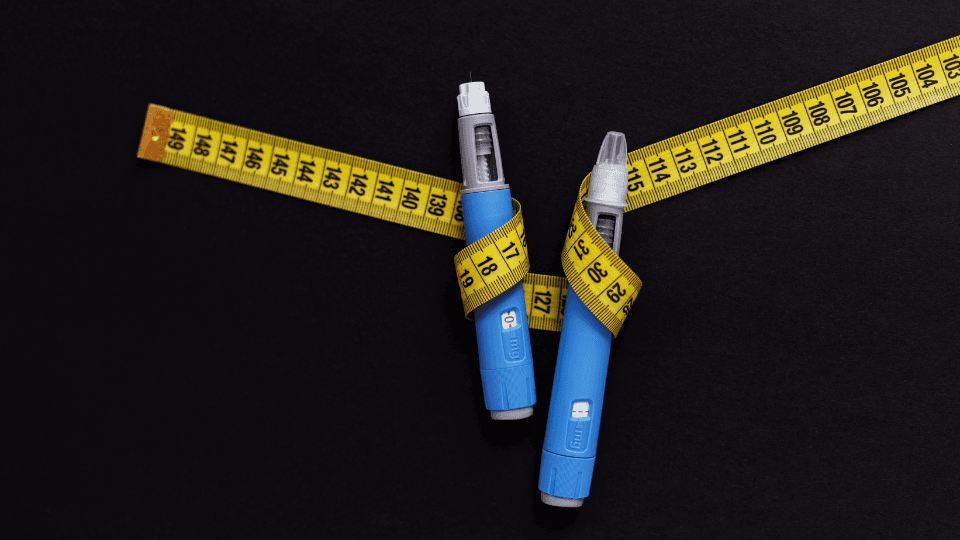Back
Apr 13, 2021
Caffeine, how much is too much?

Gabriella Florence | Sports Scientist
Did you know that 80% of the world’s population wake up and turn to coffee before anything else? Are you one of those who need their “cuppa” to come alive?
When we think of caffeine or the morning fix, we always seem to think of coffee first… but there is also caffeine in tea, cocoa powder and soft drinks.
What is caffeine, exactly?
Caffeine is a natural stimulant and is one of the most commonly used ingredients in the world. Found in tea, coffee, and cacao plants, caffeine is a stimulant that works by stimulating the brain and central nervous system, helping you stay alert and awake.
Caffeine has been shown to improve mood and brain function, boost metabolism and burn fat (to a point), enhance athletic performance, and may even have a slight protective effect against some lifestyle diseases. There is always a catch though, and caffeine is no exception: some people experience negative side-effects from caffeine such as anxiety, tremors, headaches, palpitations, migraines, and trouble sleeping.
It is important to remember that some people may need to be careful when moving onto the third cup of Java for the day. People respond quite differently to caffeine; some are very sensitive and can only tolerate small amounts while others seem to be able to consume gallons of coffee before showing any adverse effects. Most coffee drinkers have a pretty good idea of how strongly caffeine affects them personally and should use this knowledge when deciding on a healthy daily intake.
According to the research, up to 400 mg of caffeine per day is safe for most healthy adults, that’s roughly 4 cups of brewed coffee or 8 cups of black tea. It’s also the amount found in 10 cans of cool drink – YIKES! Please don’t drink that much!
So how much is too much?
Because everyone is so different in terms of caffeine sensitivity, and the fact that the amount of caffeine per product can differ greatly, it is better to assess how you react to the amount of caffeine you take in. A good way to do this is to ask yourself a few questions:
Do you experience headaches, anxiety, irritability, or a fast heartbeat soon after caffeine consumption? A yes here might be an indication to cut the daily dose in half and try again.
Are you sleeping well? The never-ending cycle of sleeplessness may be linked to caffeine intake, often turning into a cycle of having more to stay awake.. a nasty cycle indeed! Most people should be avoiding caffeine after lunch-time as it can adversely affect sleep quality even 6-8 hours later.
Do you have any stomach problems? Heartburn/indigestion and diarrhoea can be a tell-tale sign that you are having too much.
What’s the answer then?
When deciding if you need to adjust your caffeine intake, first consider where it is coming from. Evidence suggests that tea and coffee without sugar may have health benefits while fizzy drinks and energy drinks certainly have the opposite effect. If you are finding it hard to quantify the 400mg, then turn to your body - look inwards and consider whether you are experiencing any of the mentioned adverse effects. If in doubt, try a 1 week caffeine holiday and see how you feel, you might never look back!












